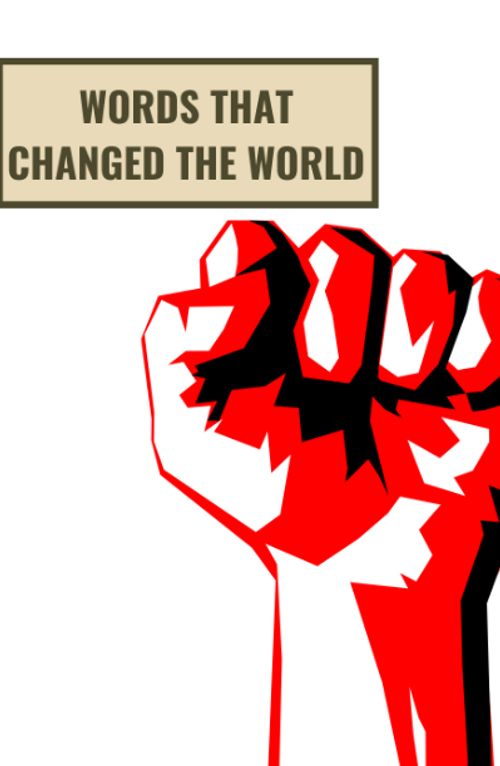10 Manifestos That Shaped Your World
May 30, 2022 · 2 mins read
0
Share

Common Sense by Thomas Paine (1776). When Paine wrote this, "American independence and the establishment of a republican democracy" were the intellectual pre-occupations of a small minority. He took these ideas mainstream and "galvanised 2.5 million colonists to fight and win."
Save
Share
Reflections on the Revolution in France by Edmund Burke (1790). This manifesto has become "the bible of those opposed to revolutions to promote egalitarianism." Burke warned that imposing an artificial equality would lead to "violent horrors before transmuting into dictatorship."
Save
Share
A Vindication of the Rights of Woman by Mary Wollstonecraft (1791). Mary went against the prevailing idea that a woman - "beset by her emotionality, sensibilities and biology" - belonged " the privacy of the home." As co-creators of civilization, women must be educated.
Save
Share
The Communist Manifesto by Karl Marx (1848). Will Hutton writes: "This was the inspiration that launched socialist ideas across Europe and would eventually lead to communist China & Russia." Marx painted a dream of "stateless and classless society" that moves millions even today.
Save
Share
What Is To Be Done? by Vladimir Lenin (1901). 50 years after The Communist Manifesto, odds of a "revolution from below" seemed very low. Lenin wrote that the "communist party had to take a vanguard role, educating workers...and organizing them into a coherent force."
Save
Share
The Beveridge Report by William Beveridge (1942). This report moved the public against 5 evils: "squalor, ignorance, want, idleness, and disease – and urged a comprehensive policy of social progress." Many consider this report to be "the intellectual origin" of the welfare state.
Save
Share
The Road to Serfdom by Friedrich Hayek (1945). Will Dutton writes in the Guardian: "Hayek denounced economic planning in all its guises – whether socialist , communist, fascist or mixed economy Keynesianism. "Planning" is a euphemism for a tyranny that corrodes all liberties.
Save
Share
Animal Farm by George Orwell (1946). Will Dutton writes: "Animal Farm...snuffed out any realistic chance the British communist party had of becoming a major political force." A fictional satire, this novel doubled up as powerful political manifesto that undermined communism.
Save
Share
Silent Spring by Rachel Carson (1962). This environmental classic "exposed the widespread use of toxic pesticides to improve crop yields" to be a "menace to nature and humanity alike." This book became a manifesto for the "modern environmental movement" and inspired millions.
Save
Share
Little Red Book by Chairman Mao (1965). Will Dutton writes: "This collection of Mao’s writings was the inspiration for the savageries of the cultural revolution." Not all manifestos leave a positive impact. Which influential tract or manifesto would you add to this list?
Save
Share
0